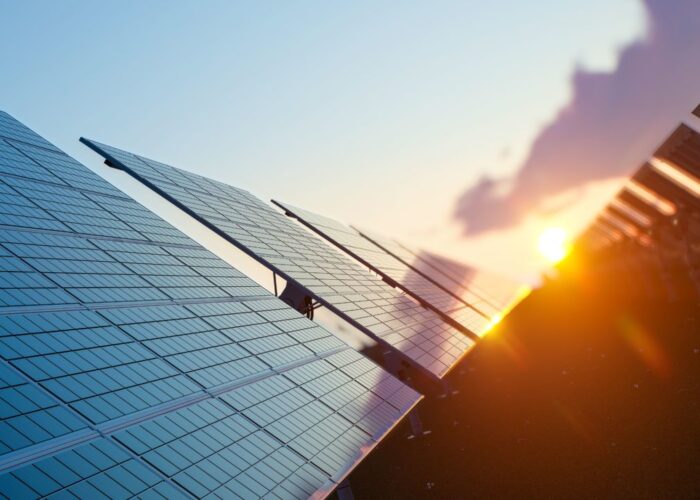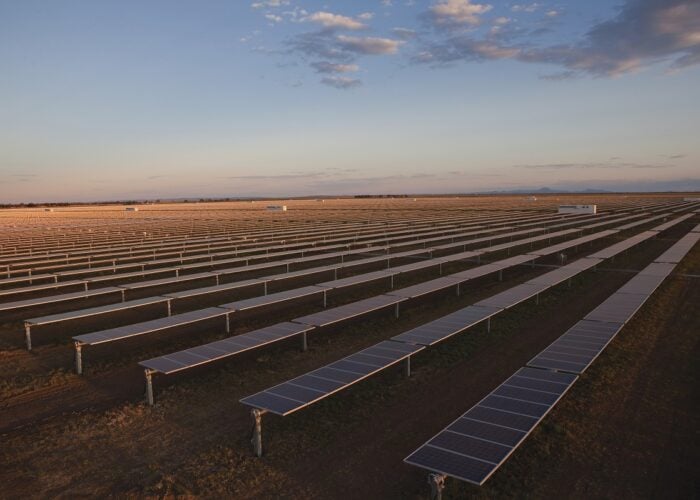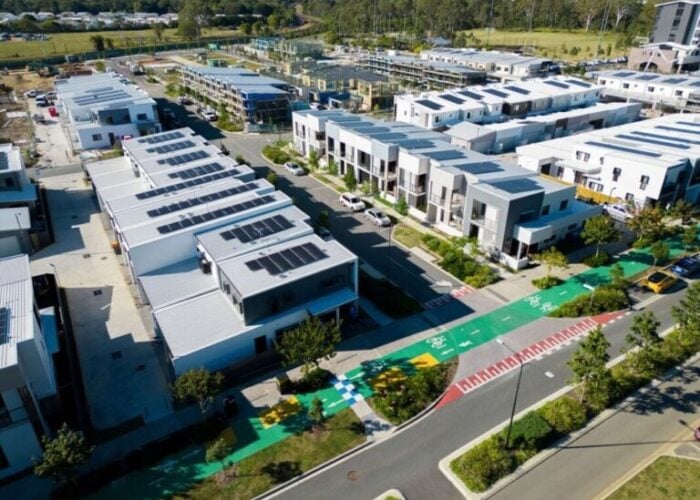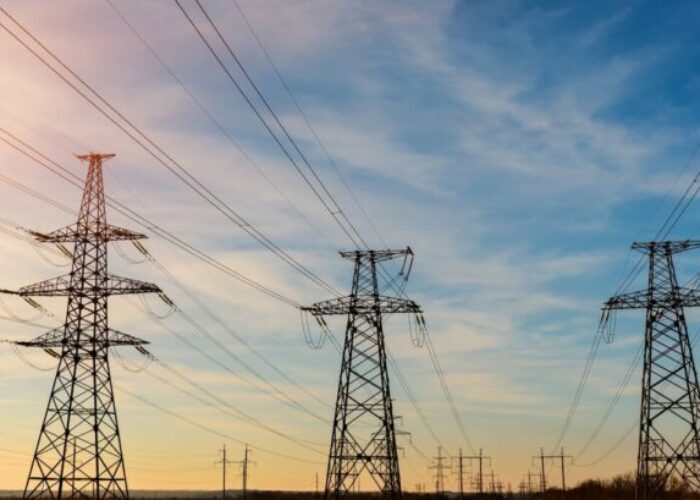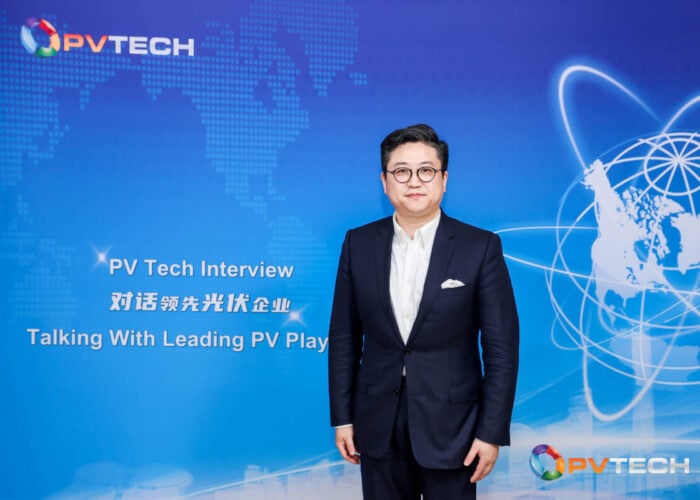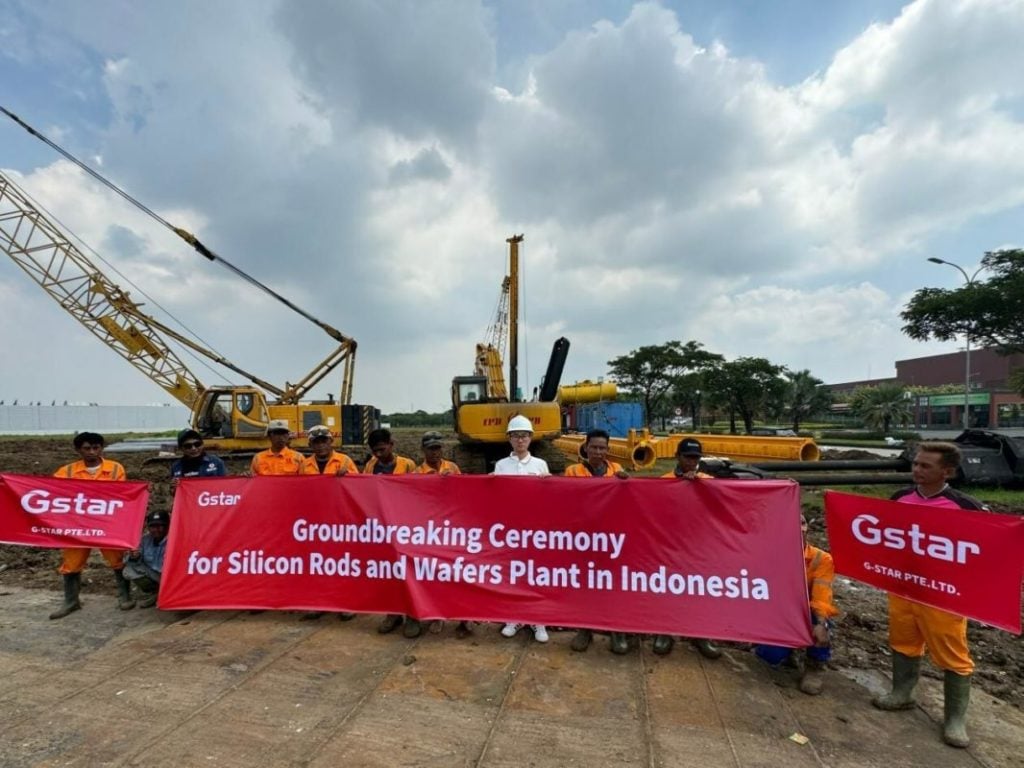
Singapore-headquartered solar manufacturer Gstar Solar has broken ground on a silicon rod and wafer-slicing plant in Indonesia.
Located in Jakarta, the plant will have 3GW of silicon rod production capacity and 3GW of silicon wafer slicing capacity. It will produce both 182mm and 210mm solar wafers and is expected to begin production by the end of 2024.
Unlock unlimited access for 12 whole months of distinctive global analysis
Photovoltaics International is now included.
- Regular insight and analysis of the industry’s biggest developments
- In-depth interviews with the industry’s leading figures
- Unlimited digital access to the PV Tech Power journal catalogue
- Unlimited digital access to the Photovoltaics International journal catalogue
- Access to more than 1,000 technical papers
- Discounts on Solar Media’s portfolio of events, in-person and virtual
Or continue reading this article for free
Gstar already has two other manufacturing sites in Southeast Asia: an aluminium frame and bracket facility in Laos and a PV cell and module production site in Thailand. The company said that it intends to operate a vertically integrated model, from wafer to module, once the new site is complete. It said that this strategy would “ensure product quality [and] supply chain stability, bringing price advantages and improving production efficiency.”
The ownership of solar plants operating in Southeast Asia is important to the industry’s ongoing trade dynamics. The US anti-dumping and countervailing duty (AD/CVD) tariffs – which apply price dumping duties on Chinese-made goods – are increasingly targeting Chinese-owned manufacturing facilities in Southeast Asia.
Last year the Department of Commerce (DOC) found five manufacturers guilty of circumventing US tariffs by moving portions of their supply chains to Vietnam, Malaysia, Thailand and Cambodia for “minor processing”.
More recently, a new petition opened by the American Alliance for Solar Manufacturing Trade Committee – which includes US-based manufacturers First Solar, Qcells and Meyer Burger – seeks to widen the net of the AD/CVD tariffs to include those four Southeast Asian countries alongside China.
As it stands, products made in Southeast Asia with a non-Chinese solar wafer – such as one from Gstar’s Indonesia plant – are not subject to US import tariffs, but the landscape could be subject to further change.
Gstar is a relative newcomer to the solar manufacturing space. According to its website, the company was established in 2019 and incorporated in Singapore in 2021 as Gstar PTE Ltd.
Gstar owns EPOCH Green Energy Inc., a solar distributor in California. Gstar’s website claims that EPOCH was established in 2020, and the latter was acquired by Gstar in the fourth quarter of 2022.
Prior to this, EPOCH lists that it was established as a Chinese company on 20 September 2022, the same date that Gstar’s website reports the establishment of the Jiangsu G-star New Energy Technology Company.


